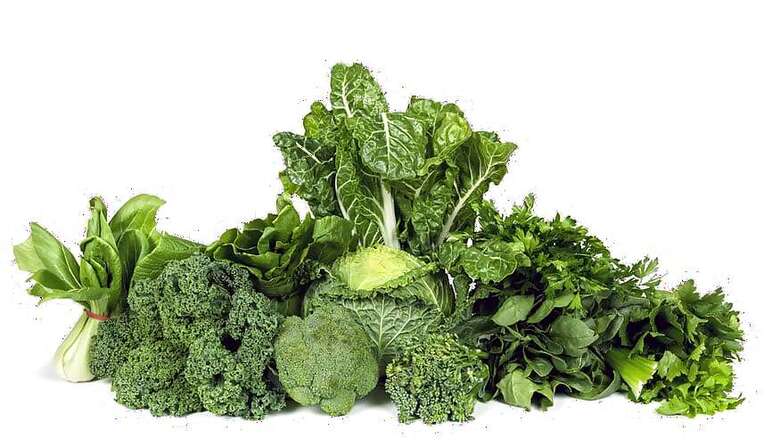
views
New research has revealed another reason for kids to eat their greens, with a US study finding that those who eat a diet with a sufficient amount of vitamin K, found in vegetables, have a healthier heart structure and function than those who are lacking in the nutrient.
Carried out by the Georgia Prevention Institute at the Medical College of Georgia at Augusta University, the study recruited 766 healthy adolescents to look at the effect of vitamin K1 -- found in spinach, cabbage, iceberg lettuce and olive oil -- on the teenagers' heart structure and function.
In what is believed to be the first study exploring this association in young people, the team found that those who consumed the least vitamin K1 were 3.3 times more likely to show an unhealthy enlargement of the major pumping chamber of their heart, known as left ventricular hypertrophy.
Vitamin K1, also known as phylloquinone, is the predominant form of vitamin K in the US diet.
Overall, around 10 percent of the teenagers had some degree of thickening and enlargement. However, left ventricular changes are usually associated with adults whose hearts have been working too hard and too long to get blood out to the body because of sustained, high blood pressure.
The changes to the heart were also independent of other factors known to influence heart structure and function, including sex, race, body composition, physical activity and blood pressure.
The results are worrying as unlike other muscles, a larger heart can become inefficient and ineffective.
The findings suggest that ensuring young people are getting adequate vitamin K1 could improve cardiovascular development and reduce their risk of heart disease later in life, with study author Dr. Norman Pollock adding that in the 14-18 year olds who consumed the least vitamin K1, the overall size and wall thickness of the left ventricle were already significantly greater and the amount of blood the heart pumped out significantly lower.
Vitamin K is also known to be important to blood clotting and healthy bones, with increasing evidence suggesting that it also has an impact on cardiovascular health. Dr. Pollock has also found early evidence to suggest that the levels of vitamin K1 are lower in obese and overweight children.
The team now suggest that further research is needed to understand better the link between vitamin K1 intake and cardiovascular health.
The findings can be found published online in The Journal of Nutrition.




















Comments
0 comment